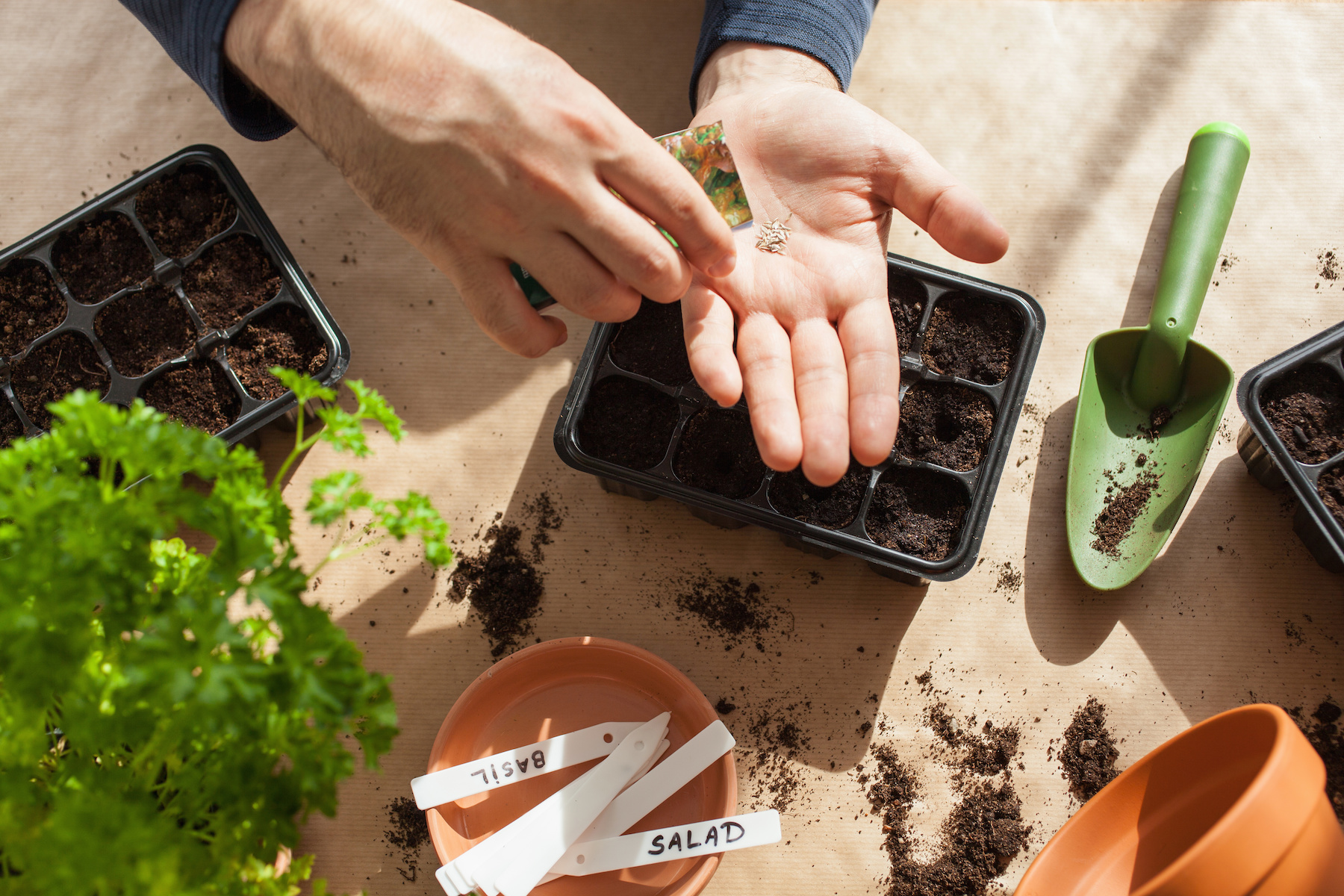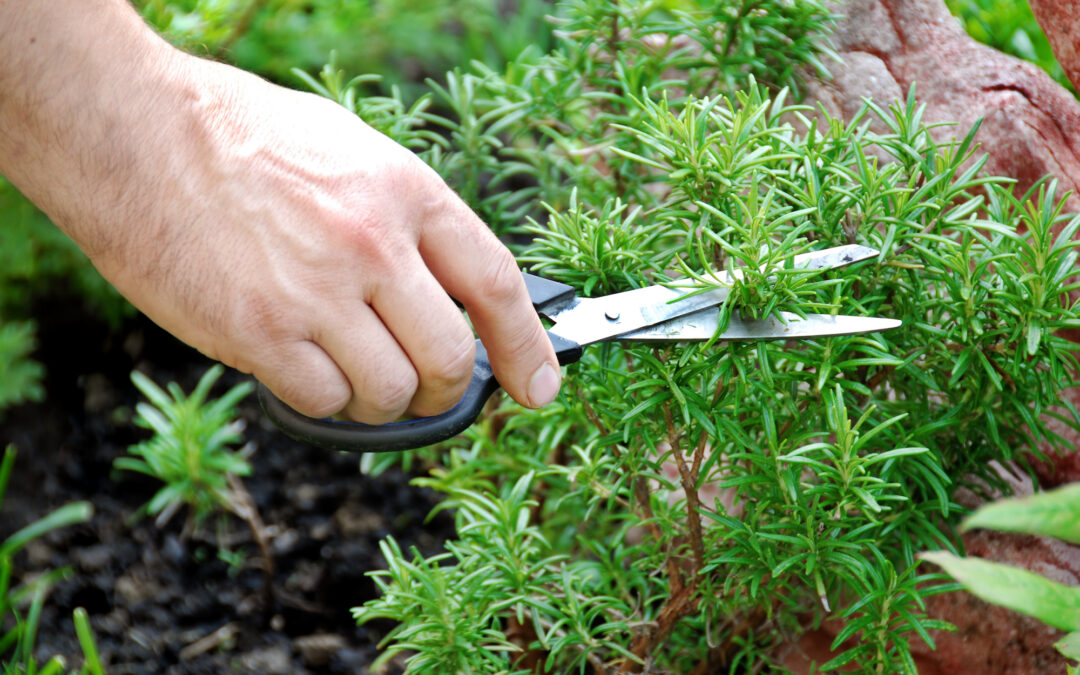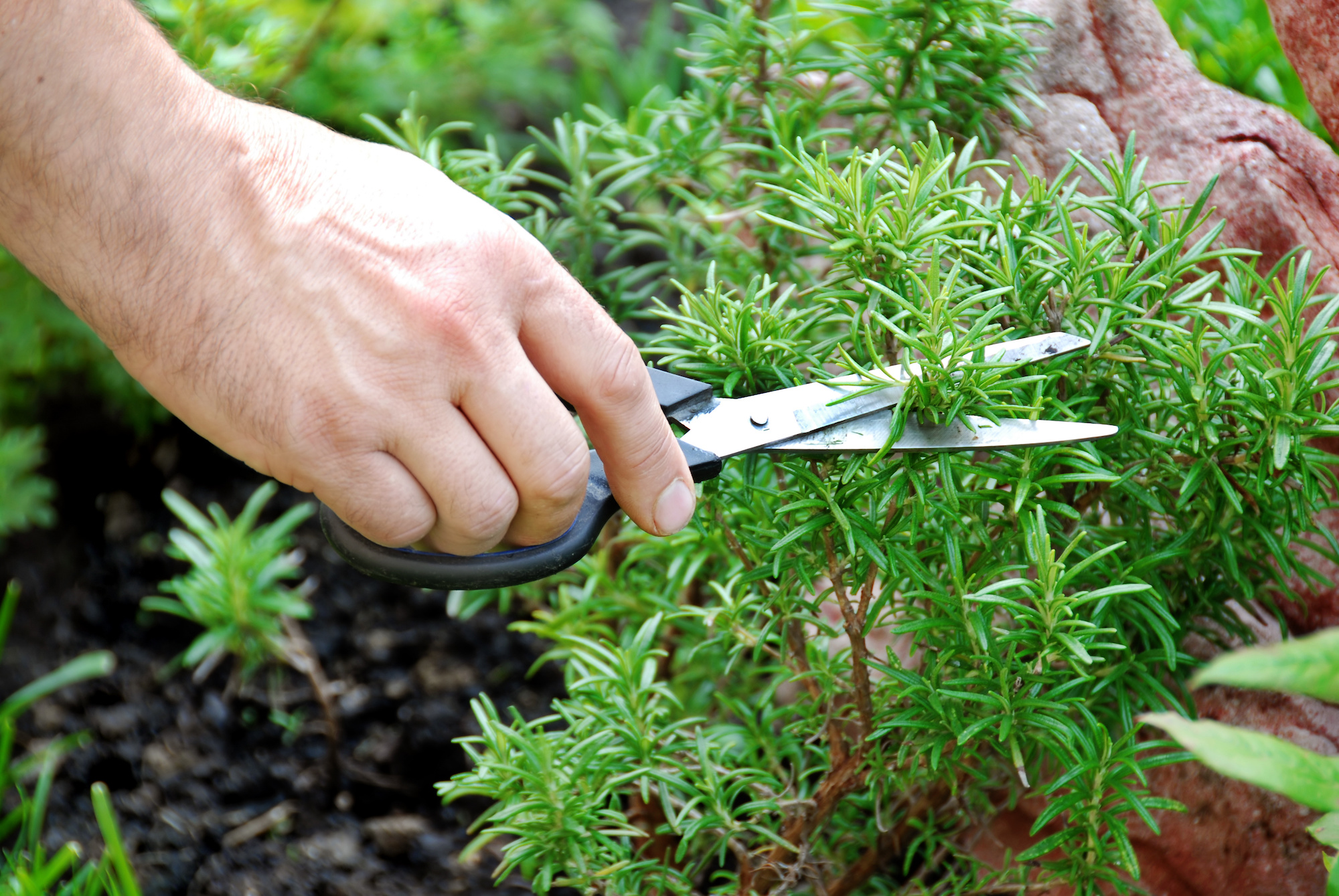There’s something special about starting your own herb garden and watching the plants grow and flourish. It gives you a feeling of accomplishment and can replace store-bought ingredients in your favorite recipes.
However, growing herbs in indoor and outdoor gardens can also be tricky. You need to know what you’re doing, or you could end up killing your herbs by mistake.
If you’re looking to learn how to grow herbs the right way, this guide is for you. Let’s dive into a few common herb gardening mistakes and how to avoid them.
1. Growing Your Herbs from Seed
One of the biggest mistakes that homeowners and renters wanting to start their own herb garden make is to try growing herbs from seed. While it’s fun to watch herbs grow, it’s also a lot more difficult to succeed.
On top of that, seeds typically cost the same amount as starter herbs. That means that you can start growing herbs from a healthy foundation without running the risk of your seeds not sprouting at all.

2. Choosing Complex Herbs
If you’re just getting started with herb gardening, it’s best not to try to grow herbs that are particularly difficult. Instead, ease your way into herb gardening and start with plants that are more forgiving.
For example, the herb basil is a fairly resilient plant and doesn’t require as much regular herb maintenance as other plants. That makes it a great choice if you’re new to the herb gardening scene.
3. Not Knowing the Different Types of Herbs
What many new herb gardeners don’t realize is that there are many different varieties of each type of herb. And each variety has a slightly different flavor profile connected to it.
When getting started with herb gardening, you should make sure that you’re checking what variety of herb you’re getting. For instance, spearmint is very different from apple mint and can’t be used for the same recipes.
4. Not Maintaining Your Soil
The soil that you use has a huge impact on your garden and the health of the plants you grow. That’s because the soil is what contains the nutrients that plants feed off of and use to grow.
If you are using soil that hasn’t been worked to turn over fresh soil or that doesn’t have compost and nutrients added to it, it won’t be able to support your herbs. This can cause the plants to wilt and grow weak.
When gardening with herbs, make sure to use potting soil with fertilizer to help you keep your plants healthy. This will make sure that your herbs are able to get the most out of the soil you’re feeding them.
5. Not Planting Complementary Herbs
While most herbs taste great in our meals, not all of them are a good choice for planting with other herbs. That’s because they’re fast and aggressive growers which can cause them to take over space and nutrients from neighboring herbs.
One of our top tips for indoor herb gardens is to make sure that you separate out voracious plants. For instance, mint and oregano should be planted in pots and kept separate from the rest of your garden. Otherwise, they could take over!
Before rushing out to purchase a plethora of herbs, be sure to check out which herbs will go well together and which should be separated. This will help you avoid an issue once your herb garden is already in full swing!
6. Watering Herbs Incorrectly
Many people who are new to herb gardening don’t realize that they need to be treated differently than your standard house plants. And that includes the way that you water them!
For instance, most herbs require regular yet moderate watering. This is especially true during hotter and drier summer months when they can dry out and wither.
It also goes the other way too. Herbs that don’t have enough drainage can end up drowning in heavy rainfalls or overwatering them. If you’re growing herbs indoors, make sure that the pots you select have enough drainage to enable the plant to breathe.
7. Not Pruning the Plants
Pruning is just for trees, right? Wrong! As an herb gardener, you should be regularly pruning your plants to make sure that they’re growing healthily.
The way to do this is to start trimming your plant once it rises to about 4 inches above the soil. Make sure you leave some leaves behind and then trim the plant so that you can keep it growing freshly.
As you begin pruning more regularly, you’ll start to notice that your plants produce more herbs when you practice trimming them. They actually become happier and healthier plants and begin to yield more products for you to use.
Finally, it also helps contain the plant. When herbs are left to their own devices, they can grow long, tall, or unruly. When plants are properly pruned, they are kept more confined and are a much tidier way to enjoy your favorite herbs.
Avoid Common Herb Gardening Mistakes
With this handy guide for growing herbs, you’ll be able to avoid common herb gardening mistakes and make sure you’re producing healthy plants. Pretty soon, you’ll be adding homegrown parsley to your favorite soups and salads!
Ready to get started growing herbs in your own home? Join a network of home chefs and happy gardeners at The Herb Exchange and call our team to get the herbs you need today!


